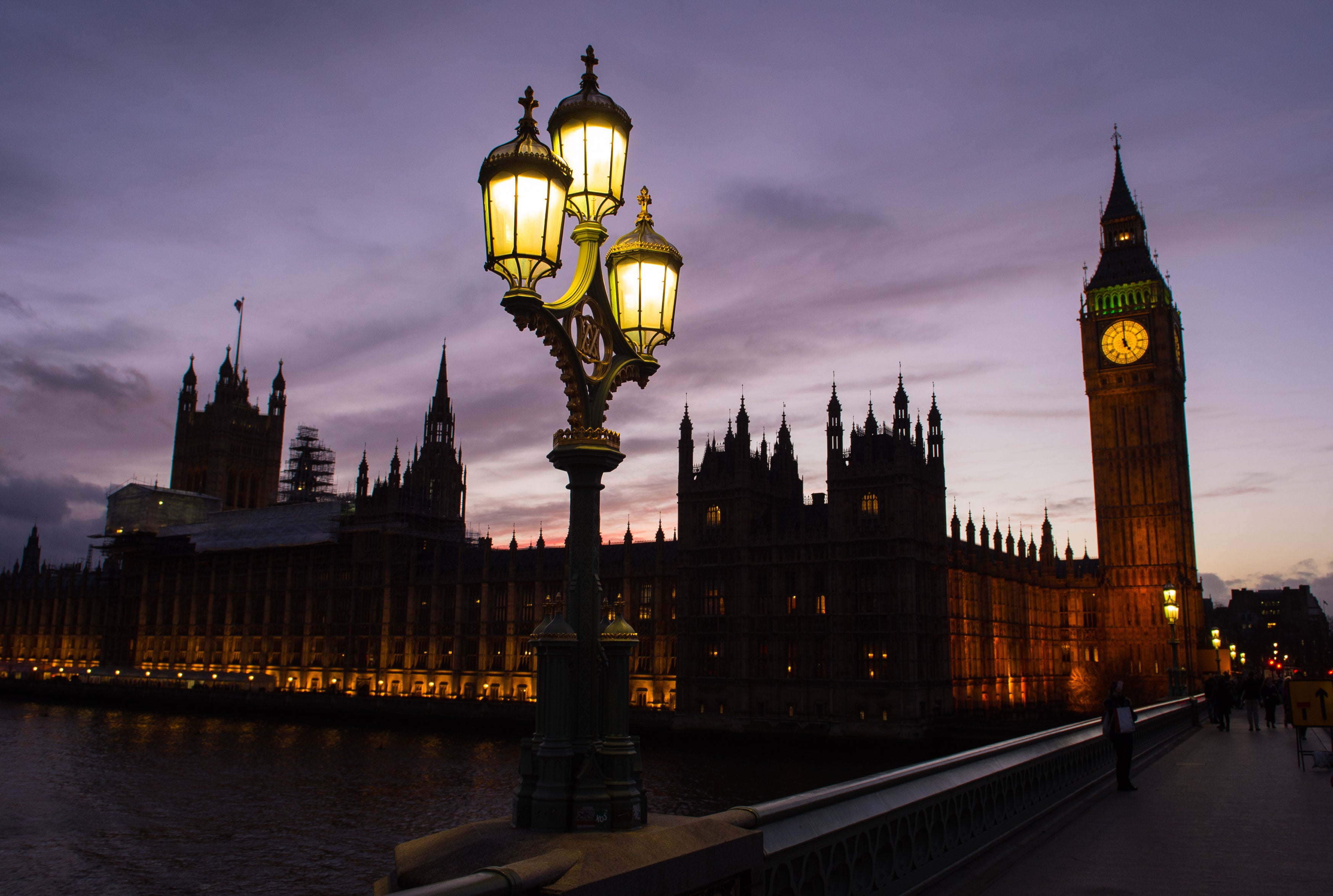Why ‘sorry’ now seems to be the hardest word for many politicians
In Westminster as in life, someone who is self-assured can easily brush off criticisms if they so wish – instead of feeling the need to atone for them, writes Marie Le Conte


Keir Starmer has the air of a man who would apologise to a lamppost for walking into it. Out of context, it is neither a good nor a bad thing; some people just look like they were born to say sorry. Boris Johnson is, you may have noticed, not one of those people. Nothing ever really appears to be his fault; if you feel it might be, it is very much on you and not on him.
See, for example, his response to professor Swaran Singh’s report into Islamophobia in the Conservative Party. Asked to comment on, among other things, his Telegraph column from 2018 in which he compared Muslim women who wear the burqa to “letter boxes” and “bank robbers”, Johnson told the inquiry:
“I do know that offence has been taken at things I’ve said, that people expect a person in my position to get things right, but in journalism you need to use language freely. [...] I am obviously sorry for any offence taken”. If you squint hard enough, you may spot a morsel of contrition.
Compare this to the results of the local elections last month. Had you only listened to Starmer – lamenting that “we’ve been talking to ourselves instead of to the country and we’ve lost the trust of working people”, holding a panicked reshuffle – it would have been easy to believe that they had been a bloodbath for Labour. Though the party had disappointing results overall, it did gain the mayoralties of Cambridgeshire, Peterborough and the West of England from the Conservatives, and won West Yorkshire’s first mayoral contest.
These different approaches to personal responsibility cannot be the sole reason for the government’s consistent lead over the opposition in the polls, but it is a topic worth thinking about.
Though we are taught from a young age that apologising for our mistakes is something that we simply must do, it is not clear that this rule applies to British politics.
It may be counterintuitive, since the received wisdom is that voters want their politicians to be honest. Well it was, until Johnson won a landslide in 2019 and remains a relatively popular prime minister. This is not a party political point; even Conservative supporters of the prime minister will happily admit that the man tends to do what he likes, not what he must. After all, why would they care? He delivered the party its best electoral result since Thatcher.
Could this be because voters ironically – aren’t being entirely truthful? Could they instead favour someone who seems comfortable with themselves, regardless of what that may entail? It is an oversimplification, of course, but would explain the victories of Johnson, Cameron and Blair, and the failures of Corbyn, May, Miliband and Brown.
In Westminster as in life, someone who is self-assured can easily brush off criticisms if they so wish, instead of feeling the need to atone for them. By doing so, they can prevent stories from running and running, and can turn potential scandals into historical footnotes. Apologising means acknowledging that you did something wrong; downplaying or ignoring allegations means that, in most cases, they will eventually have to go away.
Things do not stick to Johnson because he is not letting them stick; Starmer looks like a bit of a loser because he keeps going on about losing. No one wants their politicians to be delusional, but there is such a thing as being off-puttingly honest.
Still, there is an elephant in the room. It would be impossible to write a column on political apologies without pointing out the obvious, which is that apologising for something you have done is the right course of action. It may not be the shrewdest, but that is not the point; if you have screwed up and you are a good person, you just say sorry to those you harmed.
What complicates the matter is that voters, rightly or wrongly, do not really think of politicians as good people. This probably explains why they do not hugely care about Johnson’s missteps; if your expectations are low, they are not hard to meet. Whether Labour should also take this fact into account is up to them.
Join our commenting forum
Join thought-provoking conversations, follow other Independent readers and see their replies
Comments